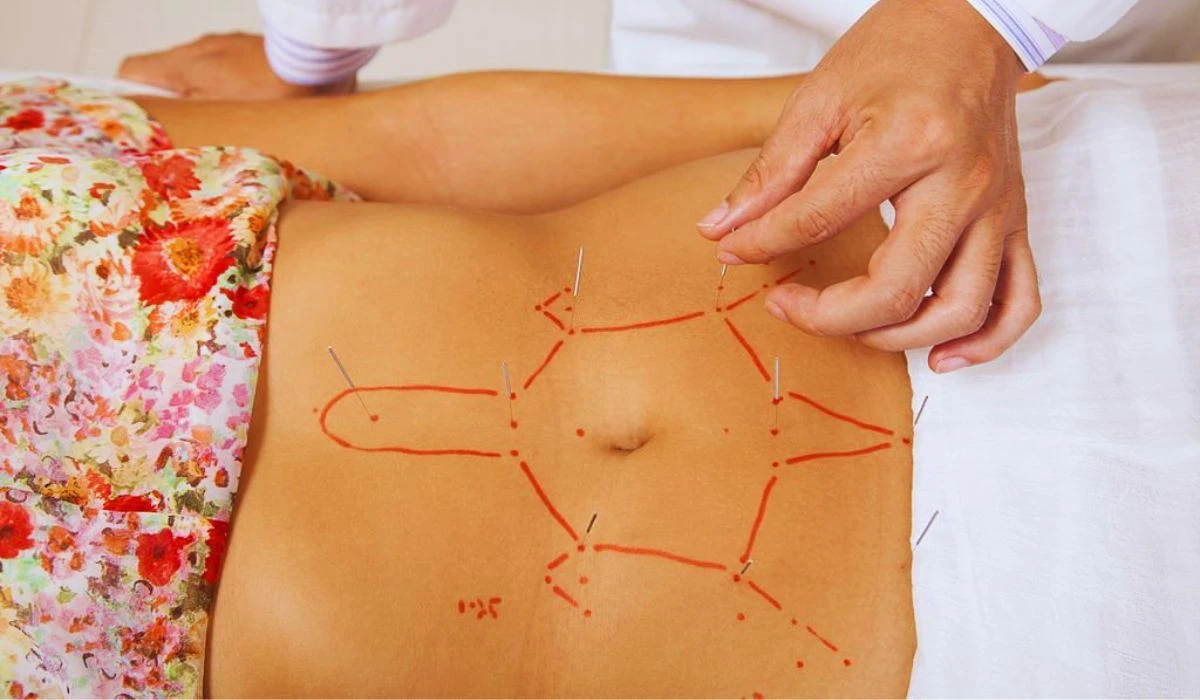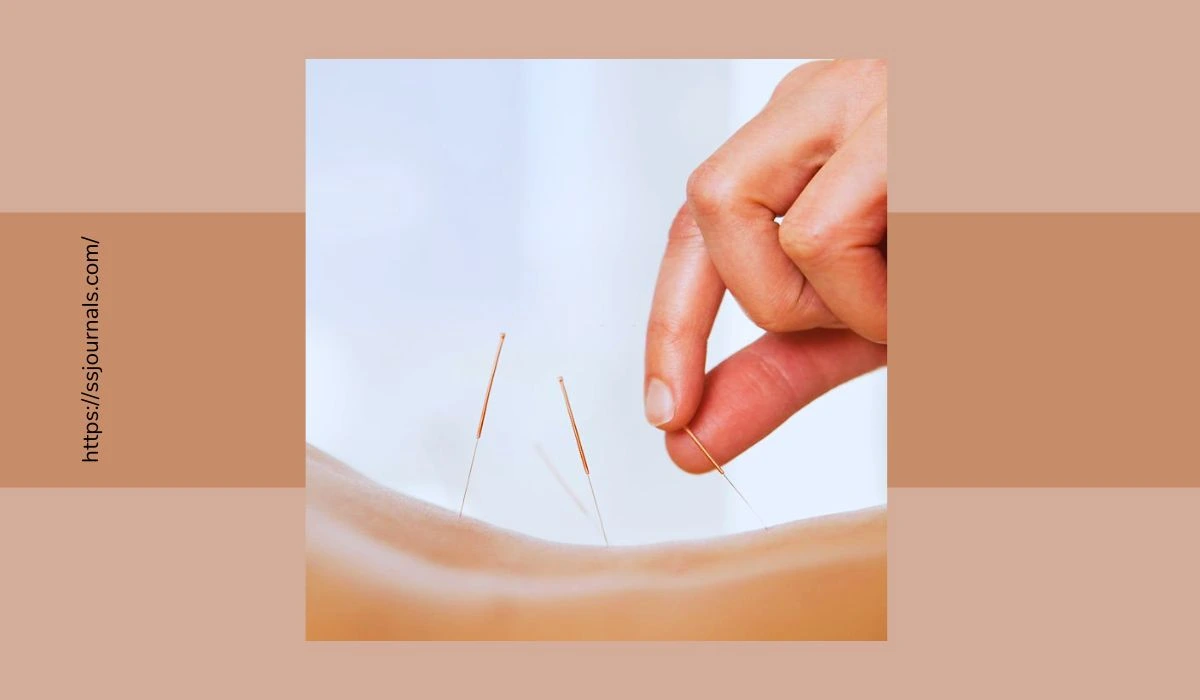With obesity rates continuing to rise globally, many people are looking for safe and effective ways to lose weight. Acupuncture, a technique of traditional Chinese medicine involving the insertion of very thin needles into specific points on the body, has become an increasingly popular weight loss aid. But can acupuncture really help you shed unwanted pounds? Let’s take a closer look at what the research says.
How Does Acupuncture Work For Weight Loss?
According to traditional Chinese medicine, acupuncture helps restore balance within the body by stimulating certain points along meridian lines. Each meridian line corresponds to specific organs. When these meridians become blocked or unbalanced, it can lead to all kinds of health issues, including weight gain. Acupuncture aims to clear these blockages and restore proper energy flow.

For weight loss specifically, acupuncture is believed to help in a few key ways:
- Suppresses appetite – Acupuncture may stimulate the release of endorphins, which are chemicals that can reduce appetite and food cravings. Specific points on the ear, like the “hunger point,” may be targeted.
- Boosts metabolism – Some studies suggest acupuncture can raise metabolic rate and increase fat burning. Points that correspond to the thyroid gland, which controls metabolism, may be stimulated.
- Reduces stress – Stress can drive weight gain and prevent weight loss. Acupuncture may activate the parasympathetic nervous system, responsible for relaxation.
- Improves digestion – Poor digestion can lead to weight gain. Acupuncture can enhance digestive functions and nutrient absorption from food.
So in summary, acupuncture may help with weight loss by curbing appetite, enhancing metabolism, reducing stress, and optimizing digestion. However, not all studies support the efficacy of acupuncture for weight loss. More high-quality research is still needed.
Risks Associated With Acupuncture For Weight Loss?
Acupuncture is considered a generally safe and well-tolerated treatment when performed by a licensed and experienced practitioner using sterile needles. However, there are some risks to be aware of:
- Infection – Reusable needles can transmit infections if not properly sterilized. Look for a licensed acupuncturist who only uses sterile, disposable needles.
- Organ injury – In very rare cases, needles inserted too deeply could puncture internal organs. An experienced acupuncturist will avoid this risk.
- Bleeding/bruising – Minor bleeding or bruising may occur at the needle site. Report any excessive bleeding to your acupuncturist.
- Soreness – Some soreness at the needle site is common after treatment. This should resolve within a few days.
- Fainting – Some people may feel lightheaded or faint during their first few treatments. Make sure you have eaten prior to your appointment.
- Existing conditions – Certain health conditions like pregnancy or nerve damage may limit your ability to have acupuncture. Discuss any medical issues with your practitioner.
Overall, the risks associated with acupuncture are very low when proper precautions are taken. Make sure to consult a licensed acupuncturist to minimize any risks.
How Often Should I Have Acupuncture For Weight Loss?
There is no consensus on the ideal acupuncture treatment frequency for weight loss. Recommendations generally fall in the range of 1-3 sessions per week during the initial 4-6 weeks. After that, treatments can be reduced to 1-2 times per month for the next couple of months.
Here are some general guidelines on acupuncture frequency:
- Chronic conditions: For obesity and metabolic disorders, start with 1-2 treatments per week for 8-12 weeks. Taper to once per month.
- Mild excess weight: 1 session per week for 4 weeks. Taper to 1-2 times per month.
- Health maintenance: 1 session per month. Increase if experiencing weight gain.
Of course, the right frequency depends on each individual’s health status and response to treatment. Work with your acupuncturist to determine the best schedule. Be consistent with appointments to achieve maximal benefits. Also, combine acupuncture with a healthy diet and active lifestyle for optimal weight loss results.
Conclusion
While the research on acupuncture for weight loss has been mixed thus far, many people do report beneficial results. When performed by a licensed practitioner, acupuncture provides a safe complementary approach to losing weight and keeping it off.
Best results will stem from a holistic plan including acupuncture, proper nutrition, regular exercise, and stress reduction techniques. If you struggle with stubborn weight, acupuncture could be worth exploring under the guidance of a trusted practitioner. With patience and consistency, this ancient healing art may support your weight loss goals.
FAQ
A: Most acupuncturists recommend 1-3 sessions per week for the first 4-6 weeks, then tapering to 1 session per month for maintenance. Total sessions will depend on each individual. Consistency is key.
A: Acupuncture may help reduce overall body fat, but does not target specific areas for fat loss. Healthy eating and exercise are required to reduce abdominal fat.
A: Yes, some research indicates acupuncture may regulate hormones and decrease weight in women with PCOS. But larger studies are still needed.
A: Self-acupuncture for weight loss is not recommended. It is best to have treatments properly administered by an experienced, licensed acupuncturist.
A: Results vary greatly. Consistency with acupuncture, diet, and exercise is key for long-term weight maintenance. Most will require monthly acupuncture sessions to retain results.

